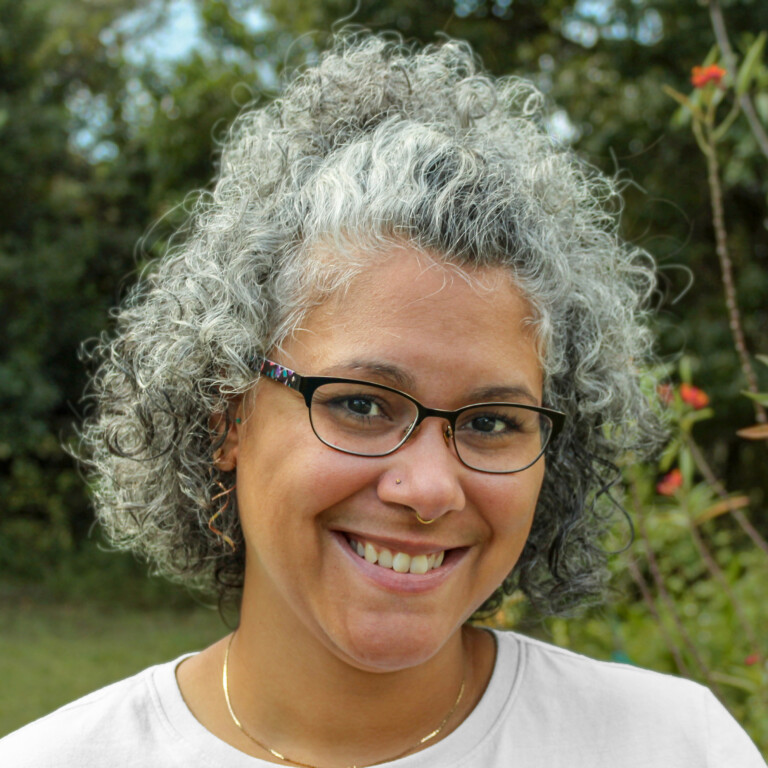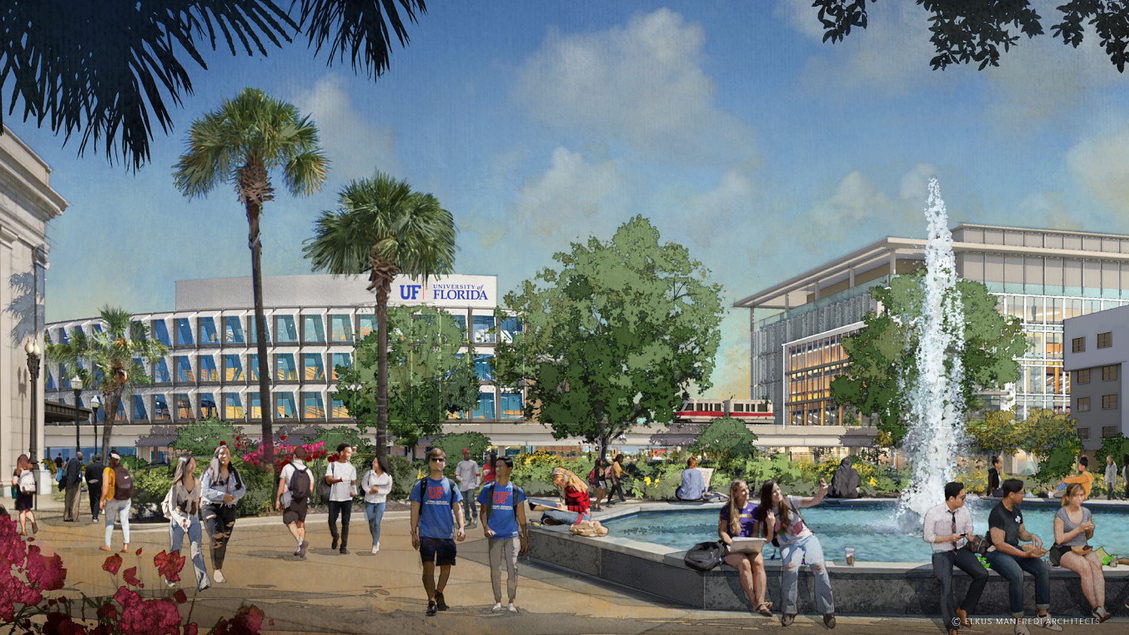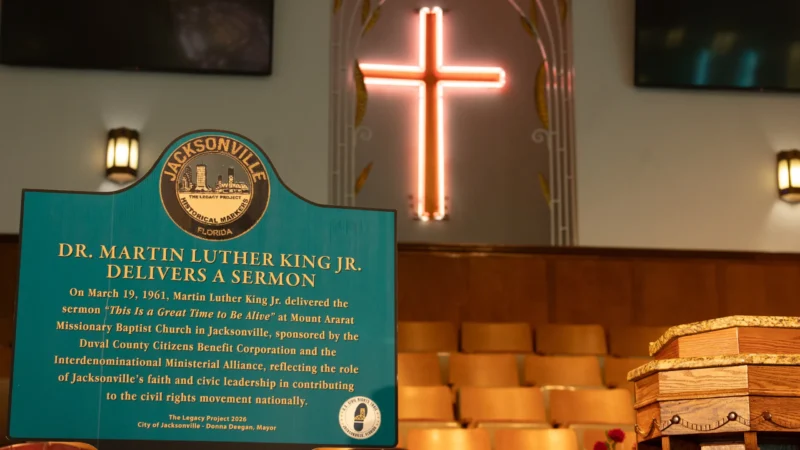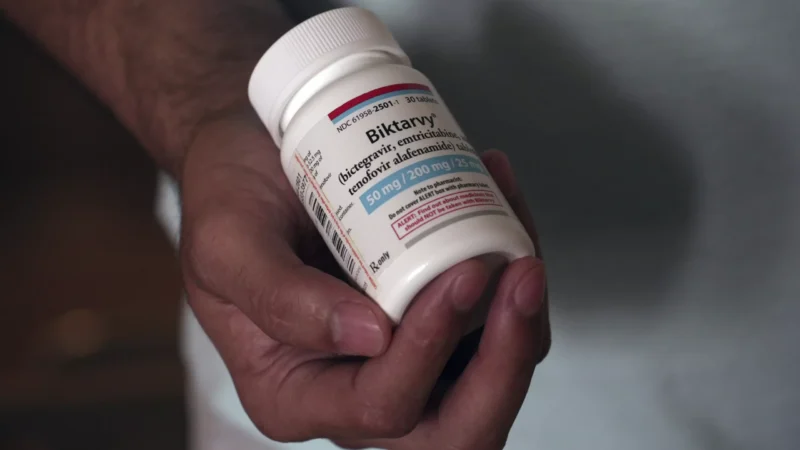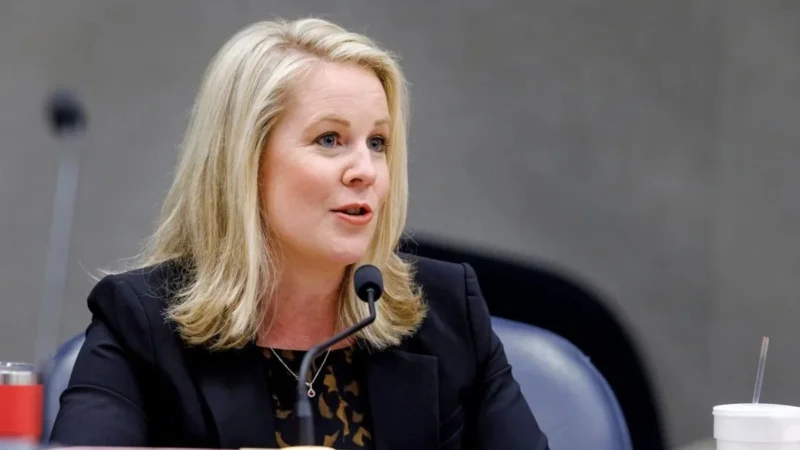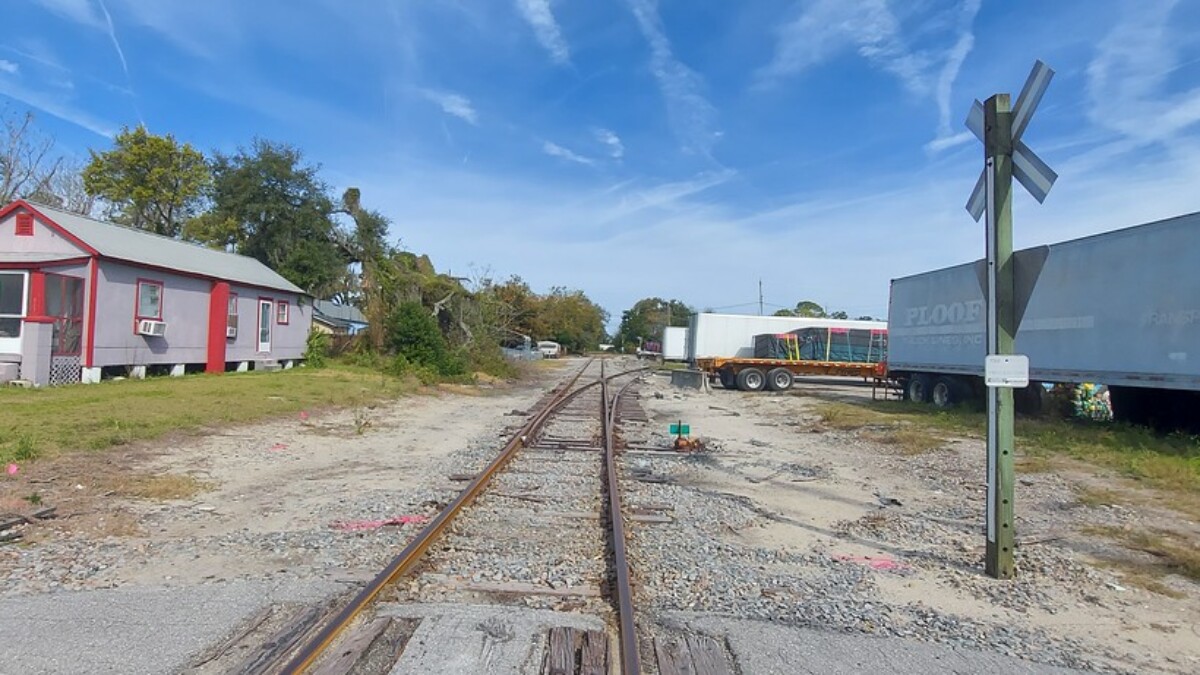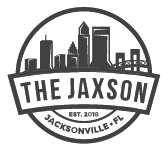
The major deal to bring a University of Florida graduate campus to Downtown Jacksonville hinges on the city’s acquiring LaVilla’s Interline building so classes can begin in August. City Council is debating whether to trade the property for something we have too much of – vacant land – or tap the city’s reserves to buy it outright. Of the two options, a land swap is the better deal on the table, by far.
The background

In December 2024, The University of Florida Board of Trustees Governance Committee voted to select an area around the Prime Osborn Convention Center in LaVilla as the site for its highly anticipated Downtown Jacksonville graduate campus. In February 2025, the Downtown Investment Authority and Mayor Donna Deegan announced a proposal that would provide 22 acres of property in southern LaVilla to make the campus a reality. Included is the Prime Osborn complex, including the historic former Jacksonville Union Terminal train station, the adjacent convention structure, and associated parking lots, as well as other nearby vacant parcels owned by the city that would be developed in the coming years.
The package also involves the acquisition of a privately owned property, the former Interline building and parking lots, currently owned by a subsidiary of Gateway Jax, the developers behind another major Downtown development, the Pearl Street District. Acquiring the Interline is paramount for the greater UF campus deal, as UF plans to start classes in August 2025, and move-in-ready buildings in LaVilla are few and far between.
Land swap proposed

Acquiring the Interline property could be an expensive proposition. Gateway’s current asking price is $6.95 million, which would need to come from the city’s reserves. As such, the DIA is proposing a clever idea: trade the property for something Jacksonville has far too much of: vacant city-owned land. And not just any land. DIA’s land swap would be for a key piece of land the city has hoped to see developed for years: the parcels at the former site of the Jacksonville Landing.
The land swap hits several Downtown priorities at once.
First and foremost, it’s financially a great deal. The Landing parcels are evaluated at $5.5 million, substantially less than the $6.9 million Gateway would require in an outright purchase. Additionally, it fulfills a major objective in dispensing vacant property. Downtown Jacksonville is overloaded with parking craters and dead space, including many owned by the city. (In fact, with 182 acres of city-owned property across Downtown, more than 50% of the total land across Downtown is vacant). DIA has wisely made an initiative of getting this land in the hands of private developers and back on the tax rolls to generate activity and revenue for our Downtown.

But the best accomplishment of the land swap proposal is that it gets development done on the Landing pads. For years after the time the city government made the disastrous decision to buy and demolish the old Landing, the city struggled to get anything besides grass happening at the site. Even the portion of the site targeted for private development has struggled to get off the ground, with one major proposal for a tower at the site proving unfeasible in spite of considerable city incentives. This was a blow for the prospects of the whole park, as the private development was specifically targeted to generate revenue for the upkeep and programming of the riverfront park.
Things changed considerably when Donna Deegan took office in July 2023, and she committed to moving Riverfront Plaza and other long-neglected Downtown projects forward. The park elements of the site are currently in progress, but the development to support it has been a missing piece.
With the land swap, the development would be in the hands of Gateway, one developer who’s already proven they can break ground on a major project just up the street. The Gateway proposal is impressive, but realistic, creating a new tower with a hotel space, condos, and ground-floor retail that generates activity and much needed revenue for Riverfront Plaza. And better yet, it’ll be done now, not at some prospective future point, so the development and the revenue it infuses into the park can get started as the Riverfront Plaza gets ready to open.
A purchase?
The other option on the table is simply to purchase the building Interline building and deal with the Landing parcel at some later time. This option is favored by some City Council members and some community advocates, and in a vacuum, this is the option that would need to be done to make the UF campus happen. But fortunately, Downtown Jacksonville is not in a vacuum, and smart, creative options are available.
The purchase option spends money the city doesn’t need to spend and kicks the can on development at the Landing site down the road for at least months, if not years. The land swap saves taxpayers money, gets a high-profile dead space back on the tax rolls, and enables a crucial project to support our waterfront park.
The choice is clear. The land swap is the best deal on the table for Jacksonville taxpayers and the future of our Downtown.
